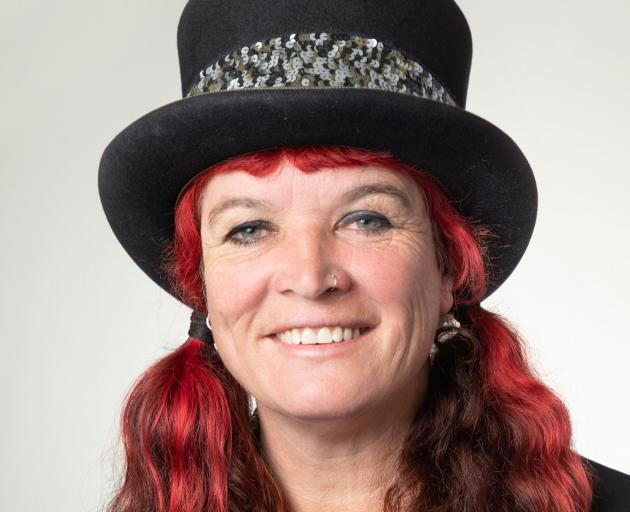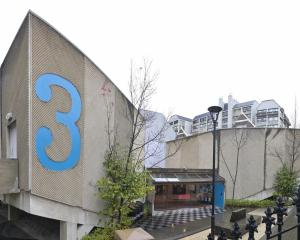
The independent investigation, understood to relate to financial and reporting practices, cost the council more than $250,000.
It was unclear from a council statement this week what was uncovered and it was not stated if any action was being taken as a result.
A council spokesman said the investigation by Deloitte identified "some factual events occurred", but they were either "not of significant concern or there was a reasonable explanation".
Evidence was "not identified to support the remainder of the concerns".
The council did not specify what the "factual events" were.
A spokesman said the reference to factual events related to "things such as there being a meeting held on a specified date. This is a fact but it is not an issue of any concern."
No financial irregularities were established, the spokesman said.
The council had previously declined to acknowledge an investigation was under way, but confirmed to the Otago Daily Times on Tuesday "a thorough and independent investigation into a range of allegations" had been completed.
Allegations in the form of two "protected disclosures" — covered by an Act designed to protect whistleblowers — were made last year to the council's independent chairman of the audit and risk subcommittee, Warren Allen.
Deloitte was then asked to investigate forensically and establish the facts.
The firm reviewed a wide range of electronic records, emails, financial records, briefing papers and meeting minutes, and interviewed "a wide range of current staff and a number of relevant people", the council spokesman said.
The Deloitte investigation costs until the end of last month were $205,657.18, including GST.
Fees from law firm Anderson Lloyd were $46,795.80, including GST.
Mr Allen briefed the full council behind closed doors about the outcome of the investigation on Tuesday last week.

"Mr Allen is the person required to decide on protected disclosures received by him and we are entirely satisfied with the process followed and the outcome."
The ODT asked all councillors if they were content with the situation.
Cr Mandy Mayhem said she was not — it was hard for councillors to perform their governance or oversight role when they were prevented from having much idea what the issues were.
"So how can we make work a better environment if we can't address these issues?"
The Deloitte report is the second highly sensitive document not to be shared with the full council in recent months.
A report by King’s Counsel Maria Dew last year covered bullying allegations against council chief executive Sandy Graham.
It was seen by Dunedin Mayor Jules Radich and Crs Bill Acklin and Marie Laufiso, who comprised a decision-making committee, but the rest of the council did not have access to the report.
The committee did not say publicly whether allegations were proved or what its decision on behalf of the council was, although Ms Graham apologised to a staff member for an unspecified reason.
Ms Dew’s report cost $132,509.01, including GST.
The bill from Anderson Lloyd in relation to the matter was $122,069.67, including GST.
Dunedin mayoralty candidate Andrew Simms said withholding the Deloitte report from the city’s mayor and councillors seemed hard to justify.
"The rationale given, that there is nothing of concern in the report, therefore there is no value in councillors seeing it, defies basic logic," he said.
Mr Simms said the two investigations resulted from serious concerns being raised by senior staff.
"The cost to ratepayers associated with both reports is approaching half a million dollars.
"Justifiably, there is intense interest from the media and public, as both matters challenge the effective and democratic administration of Dunedin, upon which we rely.
"That only three elected members were trusted to see the Dew report, and no elected members have been trusted to see the Deloitte report, is an affront to the mayor and councillors."
Mr Simms said withholding information from the public was one thing, but thought it was "quite another to withhold information from the councillors elected by the community to represent us".
Privacy concerns raised by the council to justify withholding the Dew report did not carry through to the Deloitte report, he said.
Mr Simms said he believed there had been "obfuscation" about both investigations.
If members of the public were relying on rumours about what the reports contained, this was a situation entirely of the council’s making, he said.












